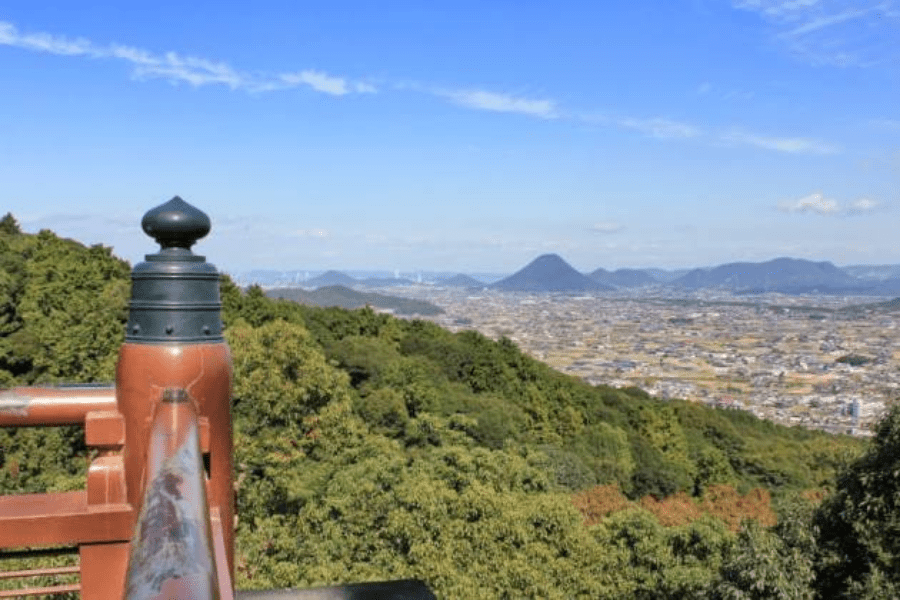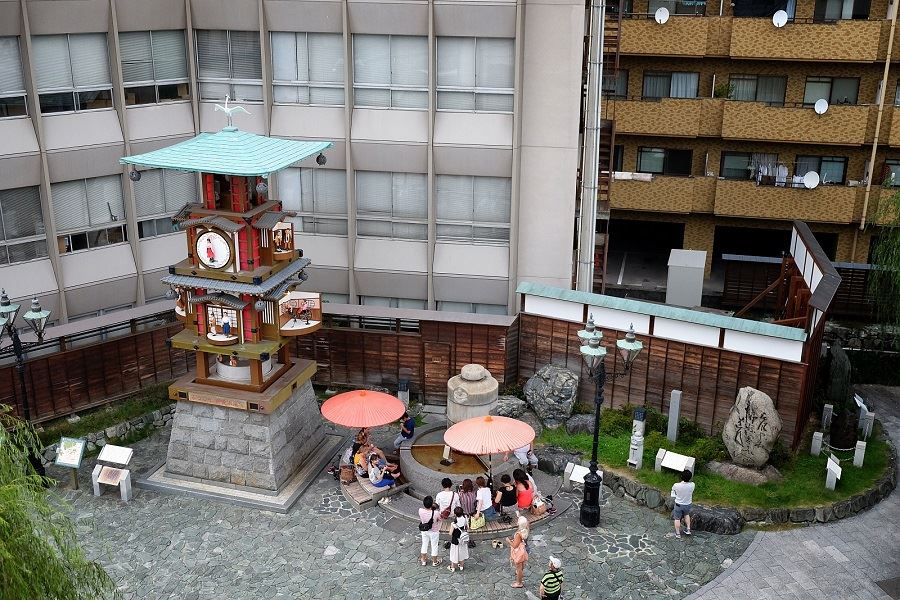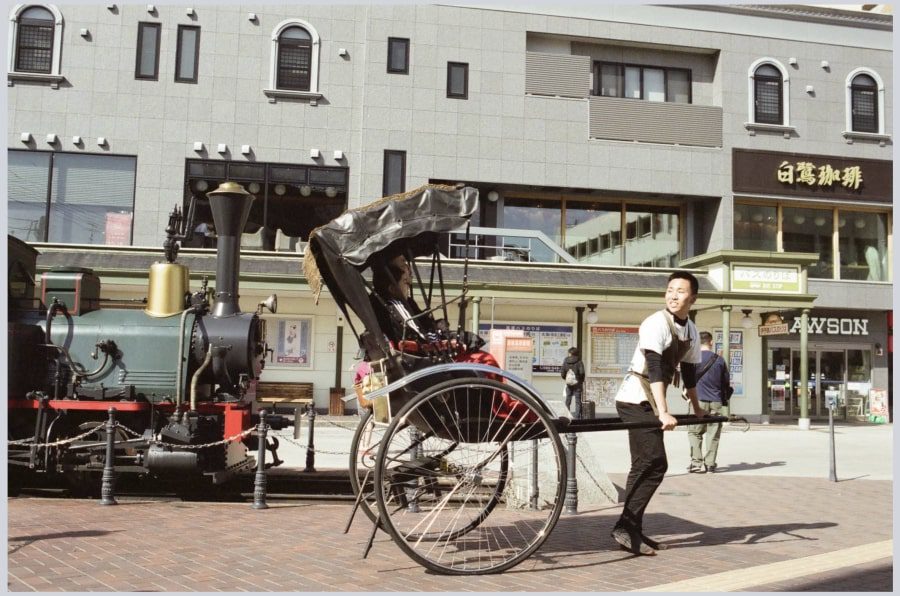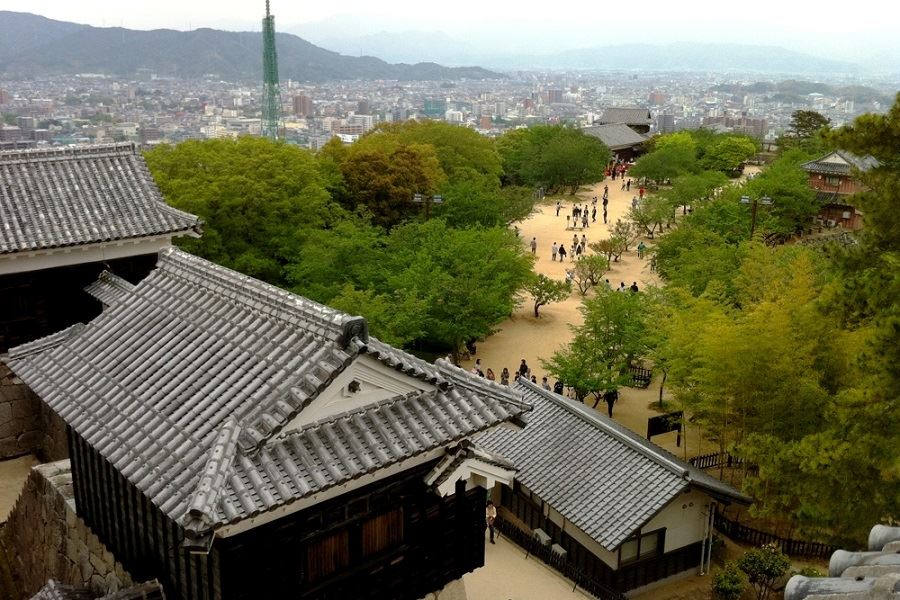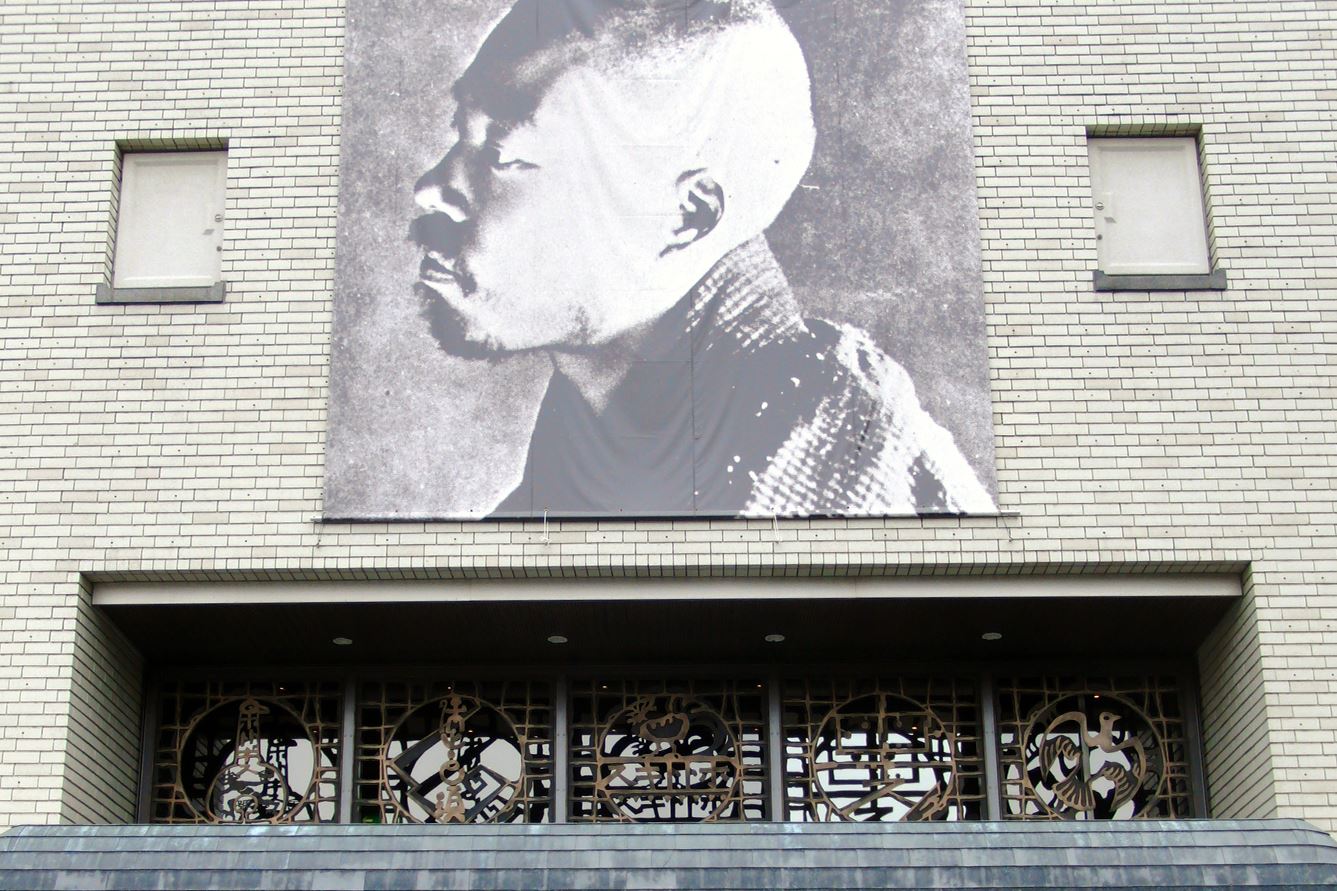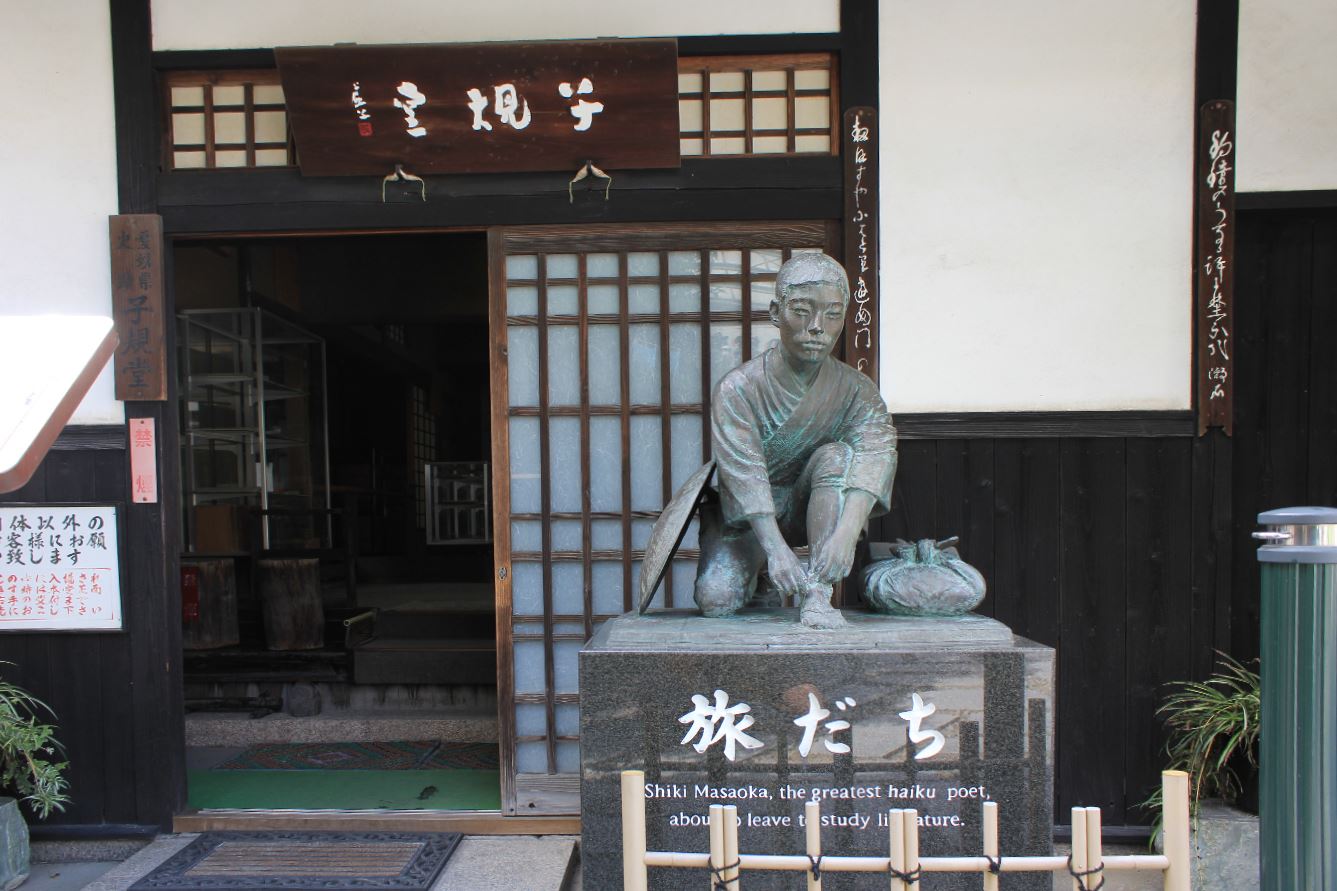Masaoka Shiki
Home » Masaoka Shiki
Masaoka Shiki
Name In Japanese: 正岡 子規
Pronunciation: masaoka shiki
Period: 1867 to 1902
Masaoka Shiki was a poet, author, and literary critic. He’s regarded as the father of the haiku poem in its current form, and he’s honoured as one of the four great haiku masters, in the company of the much earlier Matsuo Basho, Yosa Buson, and Kobayashi Issa.
He was born in Matsuyama in Iyo Province (present day Ehime Prefecture) in the Meiji period. His name was changed several times, but Noboru was his name from adolescence. The Masaoka family were mid-level samurai who were originally vassals of the Kono Clan that ruled Iyo. His father was an alcoholic who died when Noboru was five, and his mother was daughter of a Confucian scholar who tutored Shiki, who was not a particularly diligent student.
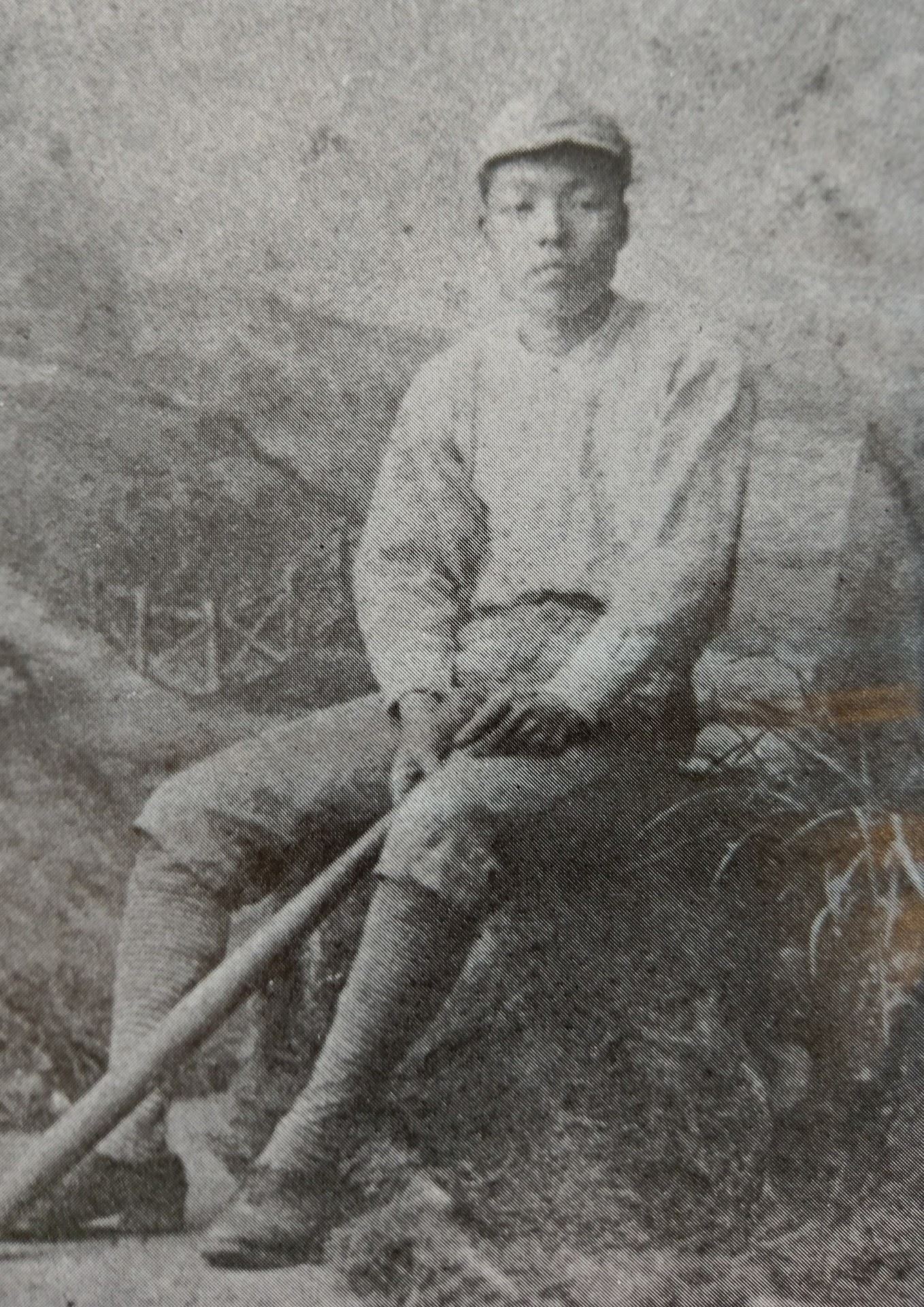
Shiki first attended Matsuyama Middle School, where he was influenced by the radical Freedom and People’s Rights Movement for which he proselytised ineffectually. In 1883, an uncle arranged for him to go to Tokyo, where he completed his secondary schooling and started at Tokyo Imperial University in 1890. Here Shiki first encountered the foreign sport of baseball and he also became friends with fellow student Natsume Soseki, who later became a famous novelist. But by 1892 Shiki, engrossed in haiku writing, failed his final examinations and dropped out of university, although illness may have been a factor.
Shiki suffered from tuberculosis (TB) much of his life. Around 1888 he began coughing up blood and he adopted the penname Shiki from the Japanese name for cuckoos, which were said to cough up blood as they sang.
Although Shiki is best known as a haiku poet, he wrote other genres of poetry, as well as criticism of poetry, autobiographical prose, and essays. In the Meiji period, haiku was in chronic decline, and it was characterised by jocular puns and extravagant metaphor. Like other Meiji period writers, Shiki was stimulated by the realism of Western literature, and in his criticism of contemporary Japanese poetry, he called for realistic observation of nature, applying the approach in his own poems.
Shiki began writing haiku soon after his arrival in Tokyo. In 1892, he published a serialized work advocating haiku reform entitled Talks on Haiku from the Otter’s Den, and soon after accepted a position as haiku editor in the newspaper, Nippon. Numerous other works followed advocating renewal, and Shiki gathered a group of disciples around him known as the Nippon School.
In addition to his poetry, Shiki sought work as a war correspondent in the First Sino-Japanese War, in spite of his worsening health. He finally arrived in China after the war ended and achieved nothing of note. The harsh conditions in China exacerbated his TB and on his return to Japan, he had to be hospitalised in Kobe, whereafter he returned to Matsuyama and convalesced in the home of Natsume Soseki. Here he established another group of disciples, whose naturalistic haiku were published in the illustrated haiku magazine, Hototogisu. The exquisitely carved printing blocks for the magazine can be seen in the second-floor museum of Taiya restaurant in Mitsuhama. His work in reforming haiku led to its renewed popularity and re-establishment as a respectable literary form.
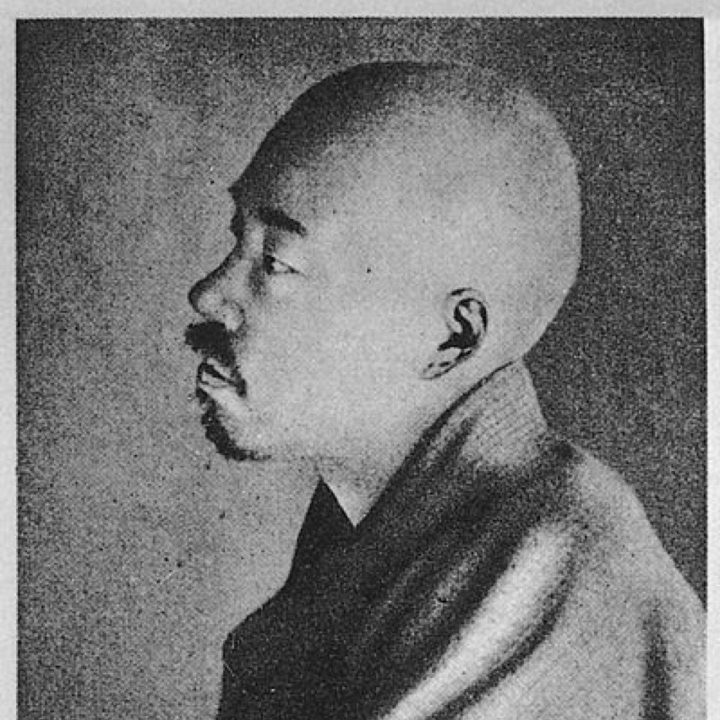
By 1897, Shiki was confined to his futon, where he experienced the torment of immobility and bedsores. Around 1901, the TB invaded his spine and he began using morphine as a painkiller to which he quickly became addicted. During this time Shiki wrote three autobiographical works. He died in 1902 at age 34.
In addition to his literary efforts, Shiki popularised the new sport of baseball in Japan by producing a textbook on the game, with Japanese expressions for the relevant terms. He called the game yakyu which means field-ball. He was inducted into the Japanese Baseball Hall of Fame in 2002.
Shiki is realistically portrayed in the historical novel Clouds Above the Hill by Shiba Ryotaro. There are two museums dedicated to him in Matsuyama, and the city is dotted with ornamental stones carved with haiku by Shiki and other poets.
Related Tours
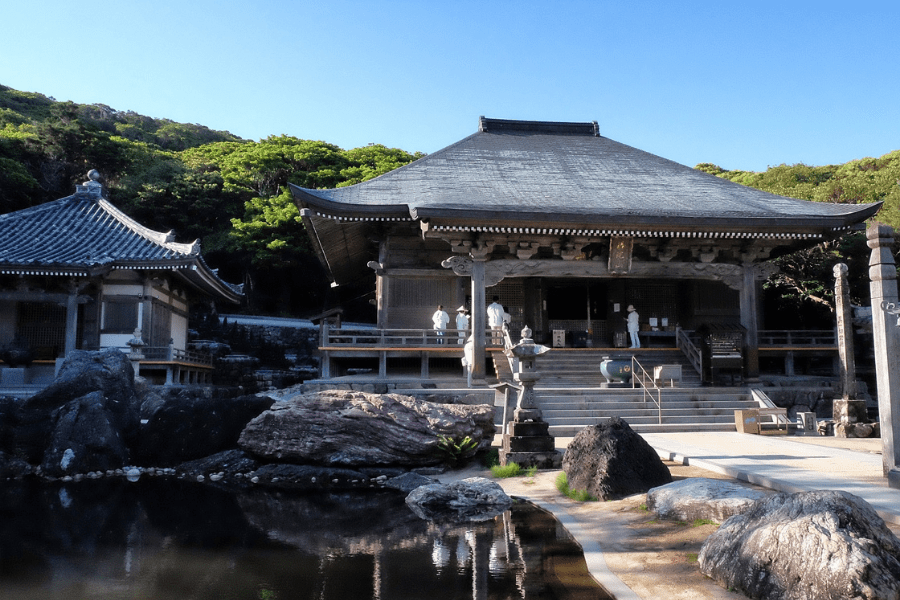
Experience the most beautiful and interesting temples of the Shikoku Pilgrimage in seven days.
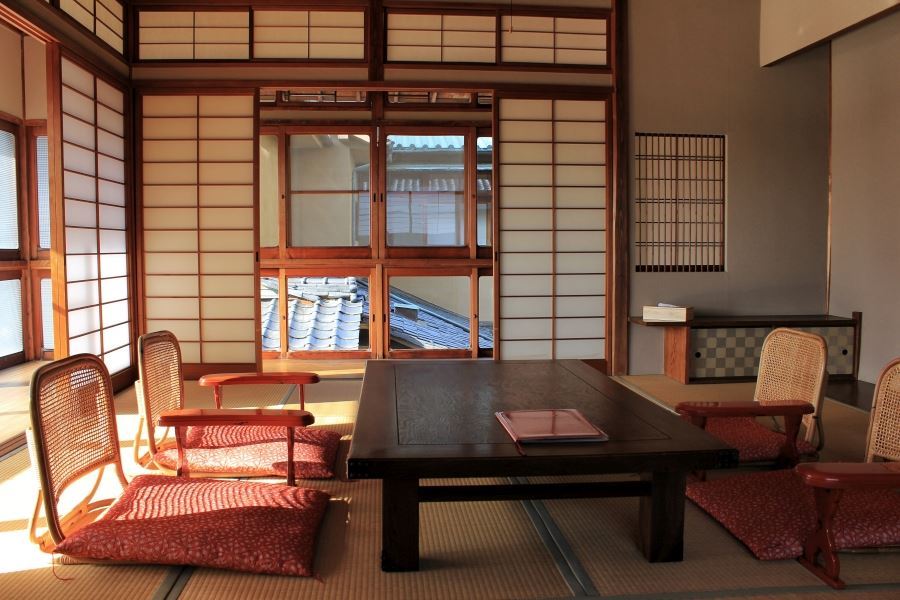
A tour for families or friends, staying in the most characterful kominka and ryokan of Shikoku.
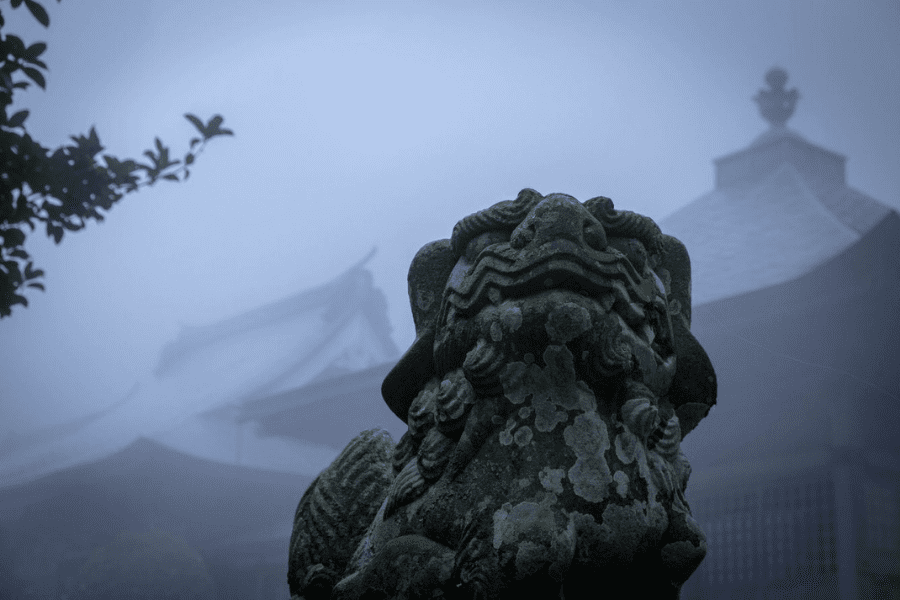
Visit the most beautiful and interesting temples of the Shikoku Pilgrimage and walk the toughest trails.
